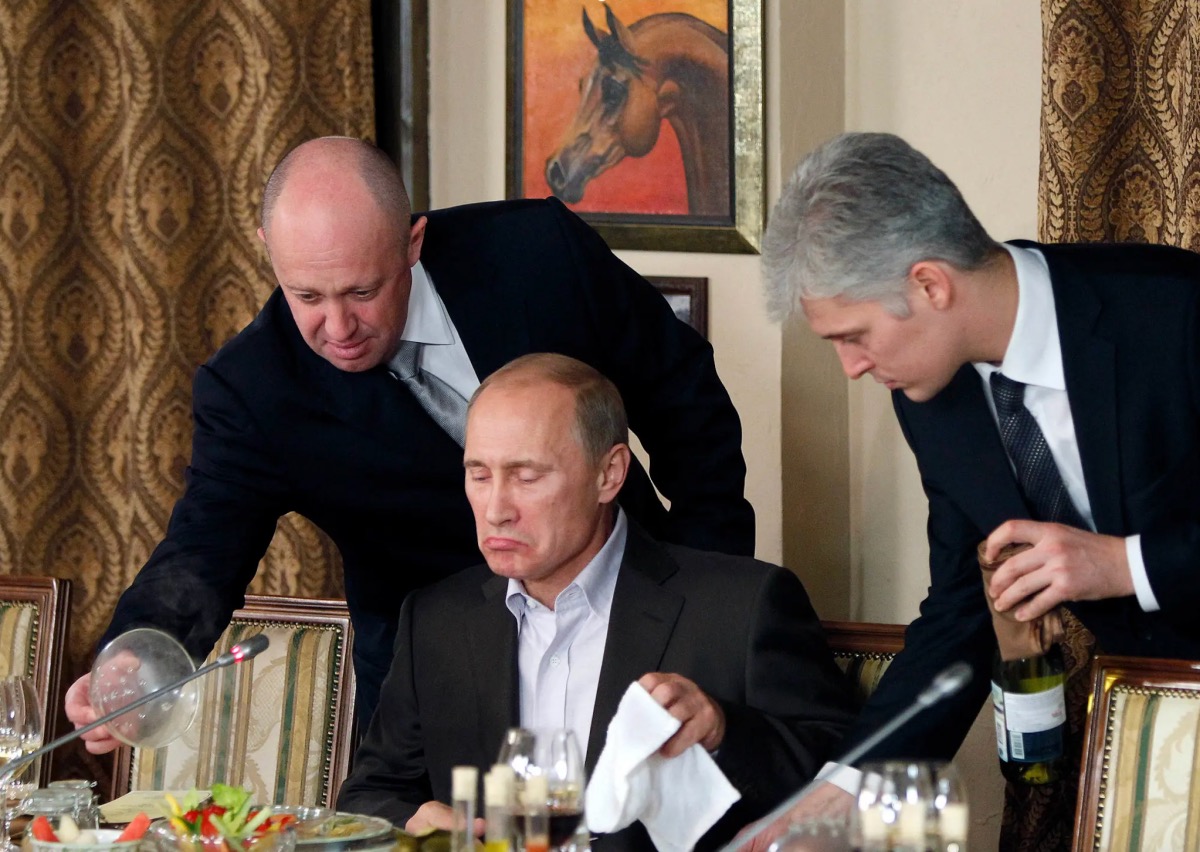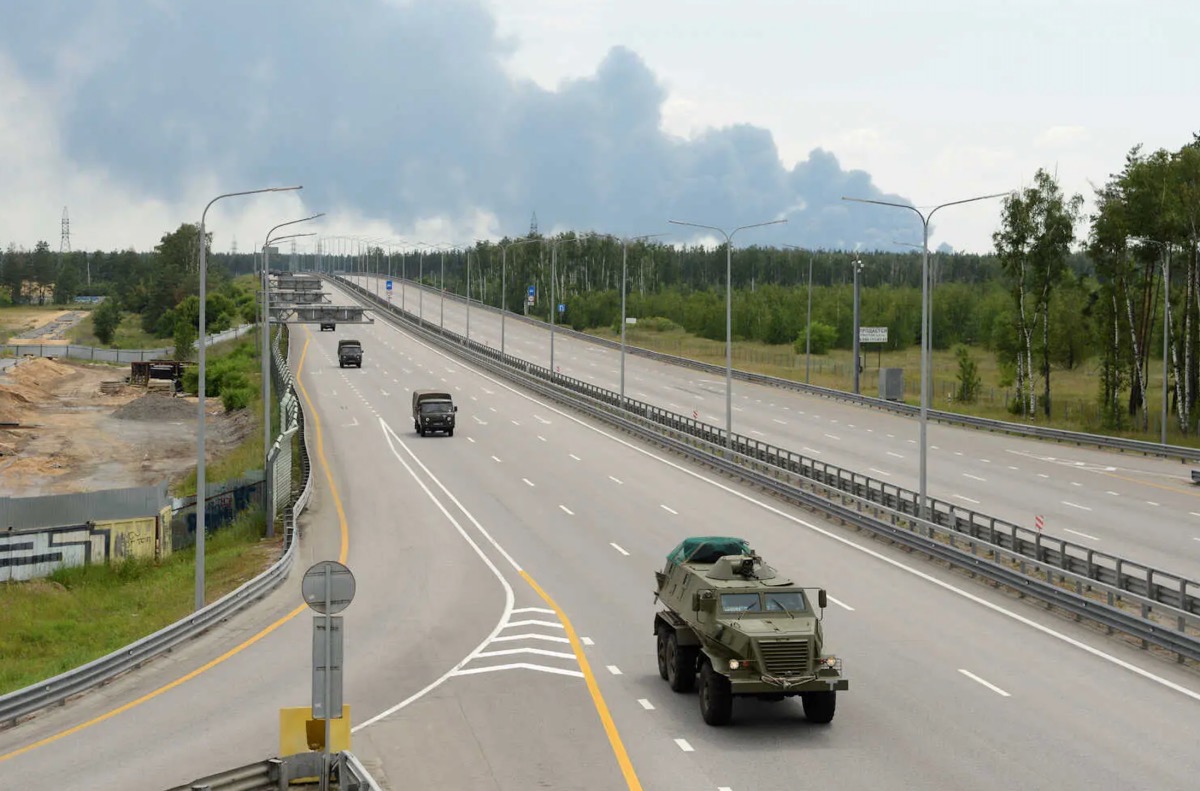RIGA, Latvia – In an audacious move that turned the tables on Moscow, Yevgeniy Prigozhin, the man known as “Putin’s chef,” staged an astonishing armed revolt this weekend that swiftly evaporated.
Before commencing what he termed a “march of justice,” Prigozhin announced that Russia must adopt a North Korea-style governance, inclusive of capital punishment, to win the war in Ukraine. His temerity, however, resulted in an unintended exile to Belarus – often considered the “North Korea of Europe.”

Prigozhin, 62, notorious for amassing wealth through state catering contracts and running the Wagner mercenary group, surprised the world when he declared an open war against the Russian Defense Ministry.
His rebellion consisted of seizing a strategic military headquarters near Ukraine and mobilizing a convoy of fighters towards Moscow.
President Vladimir Putin, who was earlier viewed as an invincible authority, was jolted by Prigozhin’s brash defiance.
“Regarding the betrayal of the motherland, the president is deeply mistaken,” Prigozhin declared. He added, “We are patriots of our motherland… because we do not want the country to continue to live in corruption, deceit, and bureaucracy.”
Prigozhin’s ultimate objective, to oust Defense Minister Sergei Shoigu and Chief of the General Staff Gen. Valery Gerasimov, did not materialize.

However, Andrei Soldatov, a Russian security services expert, said that Prigozhin forced Putin to take a side. “I think they are really happy that they forced Putin to personally intervene in this situation,” Soldatov said.
Intentionally or not, Prigozhin’s actions revealed Russia’s inner turmoil. He laid bare the fractures within the nation – an outward war with Ukraine while an inward battle amongst its citizens, some of whom were willing to stand up against the establishment.
Though his revolt did not achieve the intended results, Prigozhin succeeded in preserving his private army, and, perhaps more remarkably, won over hearts among the Russian populace.
Prigozhin’s Wagner Group had played a crucial role in the war in Ukraine. His abrasive criticism of military leaders and the establishment, while initially vexing the Kremlin, eventually garnered him an unlikely following among ordinary Russians and soldiers.

During Wagner’s temporary occupation of Rostov-on-Don, the public response was mixed, with some anxiety, cheers, and applause.
Yekaterina, a Rostov resident whose husband has been conscripted to fight in Ukraine, told The Washington Post, “Of course Prigozhin is not convenient for them, he speaks the truth about the military’s rotten structure… but I heard that Wagner fights well.”
What lies ahead for Prigozhin is uncertain. He remains sanctioned by the Treasury Department for owning internet troll farms implicated in meddling in U.S. elections.
Wagner Group still has operations overseas, particularly in Africa.

Prigozhin left Rostov-on-Don to a hero’s farewell. A local newspaper, 161.Ru, reported, “Morning anxiety and fear turn into a celebration with masses of tipsy people waiting for fireworks.”
As the dust settles on Prigozhin’s audacious rebellion, Russia is left to reflect on the Pandora’s Box that has been cracked open. In a country where dissent has long been silenced, the echoes of Prigozhin’s muted roar may reverberate for some time.







